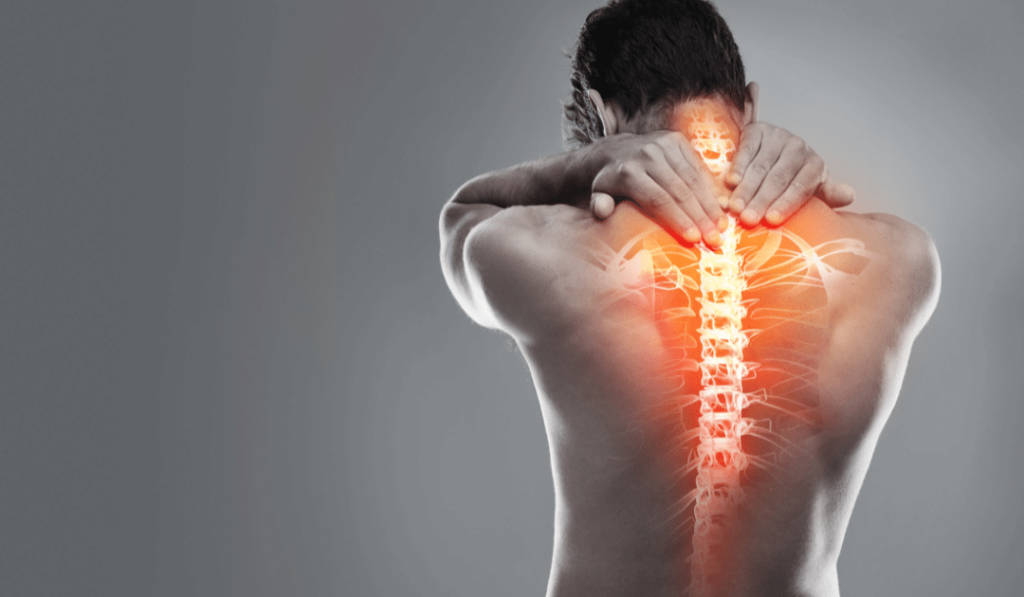In the last few years, people have started viewing cannabis differently. It is no longer a taboo subject; many now see it as a helpful tool in managing several health issues. More and more people are using cannabis legally, which has sparked a lot of new research and studies about how it can help.
In this article, we will discuss eight ways cannabis might be beneficial for health.
1. Relief from Chronic Pain

Living with chronic pain can be tough. Luckily, research has shown that cannabis might be able to help people struggling with this kind of persistent pain. It contains compounds known as cannabinoids, which possess unique properties for alleviating pain. These cannabinoids interact with specific elements in our body’s nervous system, essentially reducing the impact of the signals that convey the sensation of pain to our brain.
2. Easing Anxiety and Depression
A considerable number of people worldwide face the relentless challenges brought by anxiety and depression daily. Individuals experiencing these conditions, marked by persistent worry and, in the case of depression, a low mood, often require sustainable management strategies to control symptoms.
Interestingly, some have turned to cannabis as a potential solution. These individuals obtain a medical marijuana card, which provides legal access to cannabis products that can help them manage their conditions.
The core idea behind its potential effectiveness lies in how cannabis can influence serotonin levels in the brain. Serotonin is a crucial factor in balancing our moods, making it significant in reducing the severity of anxiety and depression symptoms.
However, it’s essential to approach this cautiously and seek professional guidance to enjoy the benefits while minimizing potential adverse effects.
3. Mitigating the Effects of PTSD

Post-traumatic stress disorder (PTSD) is a medical condition that can develop in individuals after experiencing highly stressful events or a series of traumatic incidents. It is a significant issue that affects many people today, and the distress and anxiety it brings can profoundly disrupt one’s daily life.
Emerging research indicates that cannabis may have a role in alleviating some of the distressing symptoms associated with PTSD. Here’s how it has the potential to offer relief:
- Easing fear: Cannabis has shown promise in helping individuals manage the intense fear that often accompanies PTSD.
- Reducing anxiety: It has the capacity to lower the heightened levels of anxiety experienced by individuals grappling with PTSD.
- Improving sleep: Many people with PTSD struggle to get restful sleep, and cannabis may assist in enhancing their sleep quality.
While it’s important to note that cannabis isn’t a comprehensive solution for PTSD, it does provide a glimmer of hope for those seeking ways to make the condition more manageable.
4. Reducing Inflammation
Inflammation is a natural defense mechanism for our bodies, typically triggered in response to infections or injuries. However, when it becomes a chronic issue, it can lead to various health problems. Fortunately, cannabis contains properties that can help combat inflammation, offering a supportive hand to your immune system.
The science behind this lies in cannabis’s unique ability to interact with certain receptors present in the immune system. This interaction plays an important role in reducing inflammation levels, acting as a mediator to help calm things down. It’s as if cannabis steps in as a mediator to assist in soothing the inflammatory response.
5. Assisting in Addiction Recovery

Breaking free from addiction is a challenging journey, and some individuals turn to cannabis as a safer alternative to substances like alcohol and hard drugs. Cannabis can help:
- Reduce cravings and curb the desire for harmful substances.
- Alleviate withdrawal symptoms.
That said, it’s essential to seek guidance from a healthcare provider before using cannabis as a part of your recovery plan to ensure it’s the right choice for you.
6. Enhancing Lung Health
Surprisingly, moderate cannabis use has shown some positive effects on lung health, unlike cigarette smoking, which is widely recognized as harmful. Cannabis appears to affect the lungs differently, potentially increasing lung capacity and allowing them to hold more air.
However, moderation is crucial; excessive cannabis use is not advisable. Going overboard may lead to negative consequences. Therefore, maintaining a balanced approach is essential to ensure it plays a beneficial role in enhancing lung health.
For guidance on the appropriate way to use cannabis for this purpose, consulting with a healthcare provider is highly recommended.
7. Management of Epileptic Seizures

Epilepsy is a brain disorder that leads to unpredictable and challenging-to-control seizures, causing distress to many individuals. However, there is hope in the form of cannabis compounds that show promise in efficiently managing seizures.
Cannabis is known to help:
- Target certain types of epilepsy: Not all, but specific kinds can be managed better with cannabis.
- Give hope: Many individuals find a new outlook on managing their disorder through cannabis.
8. Improving Appetite and Combating Weight Loss
Some individuals struggle to maintain a healthy weight due to various factors, including medical conditions or treatments. The good news is that cannabis can offer support in such challenging situations. The benefits of using cannabis for weight management include:
- Stimulating appetite: Cannabis helps increase hunger, encouraging individuals to consume more food.
- Supporting overall health: By assisting people in meeting their nutritional requirements, it promotes better overall health.
A discussion with a healthcare provider is essential to determine whether this approach can genuinely promote a healthier weight and overall well-being.
Conclusion

It’s clear that cannabis offers a wide array of potential health benefits, from aiding in mental health issues such as anxiety and PTSD to providing relief for physical ailments, including chronic pain and epilepsy. It even steps in to help with sleep and appetite problems, showing its versatile nature.
That said, remember that moderate and controlled usage is key. Always consult a healthcare provider to navigate the usage of any new products wisely and beneficially.

